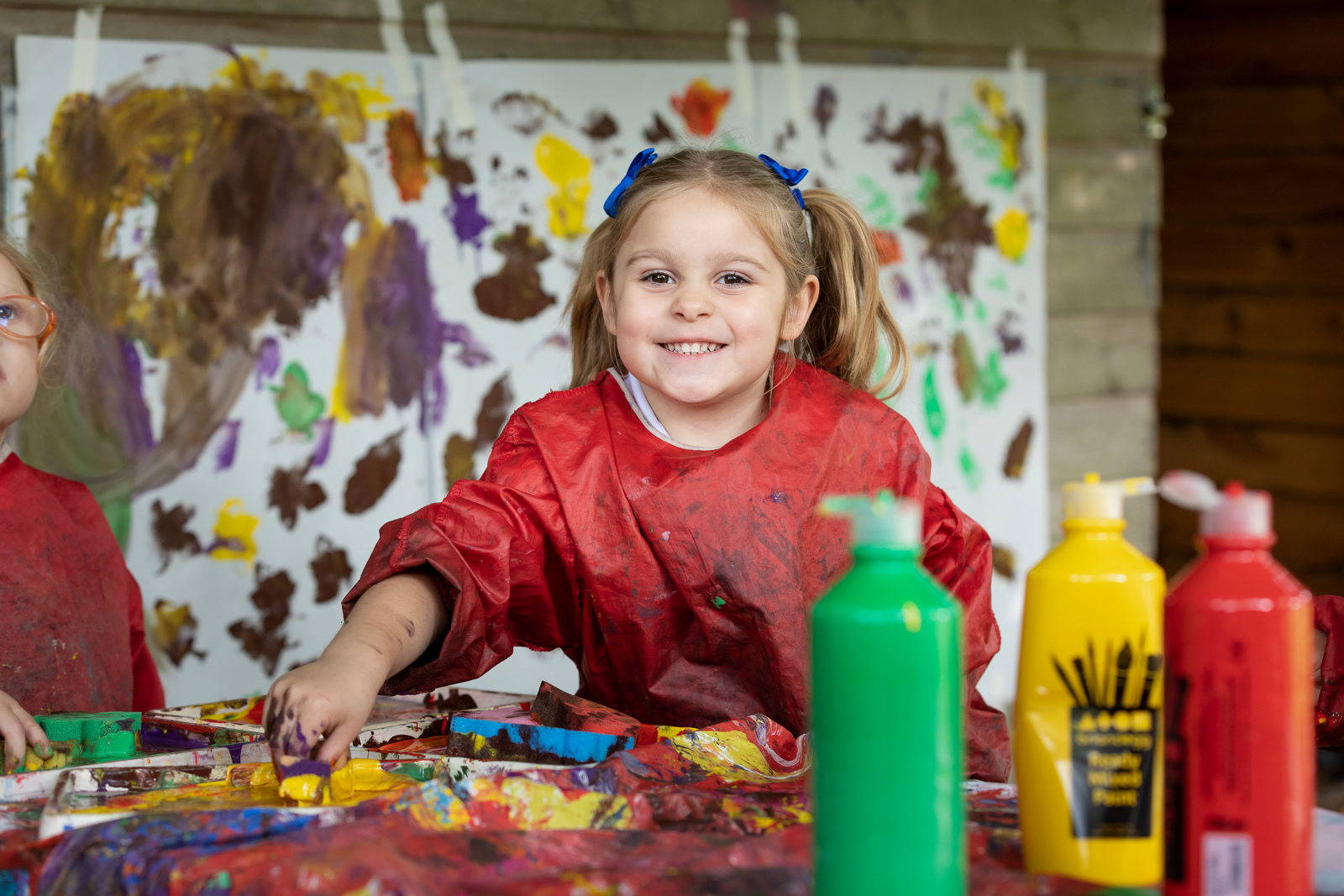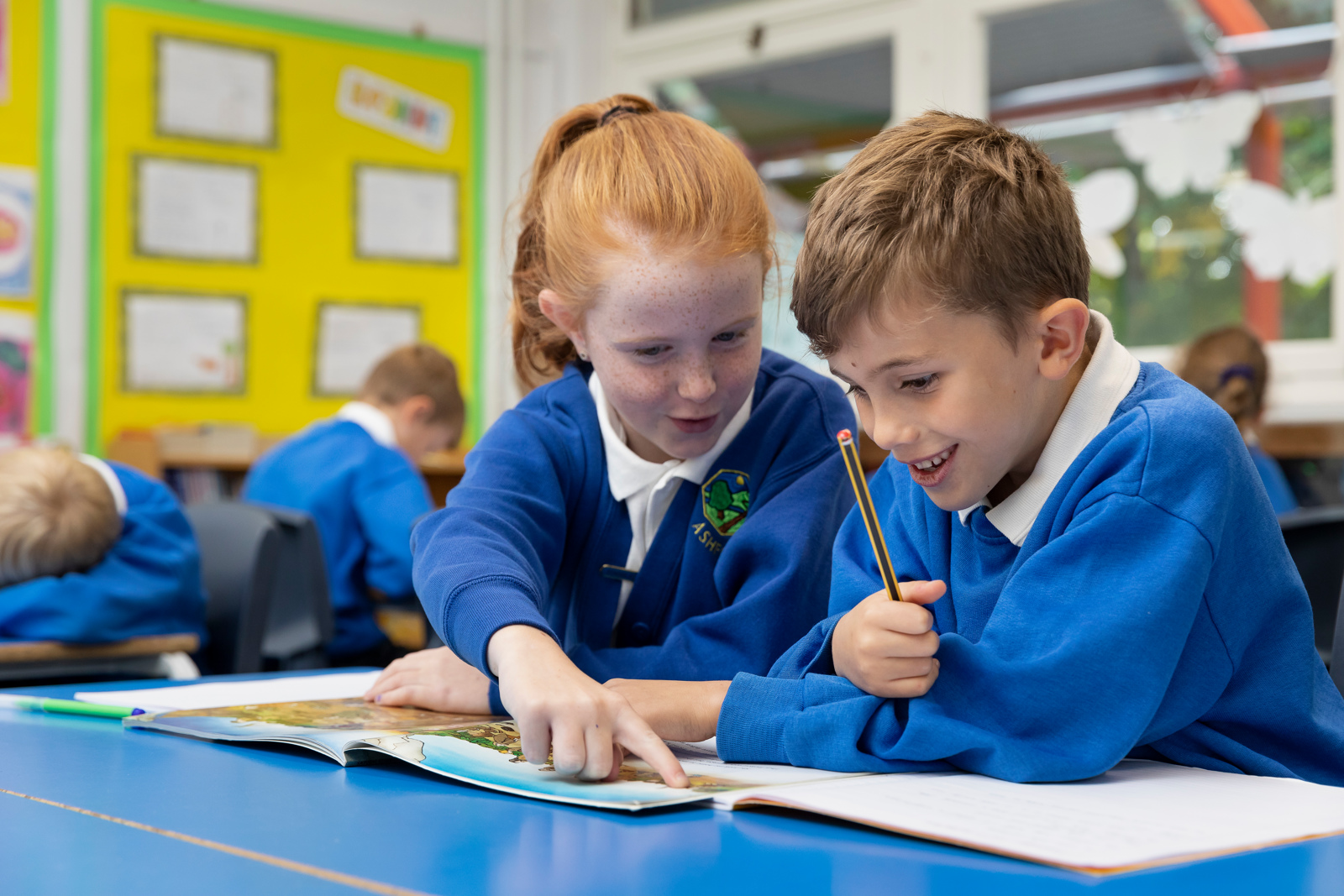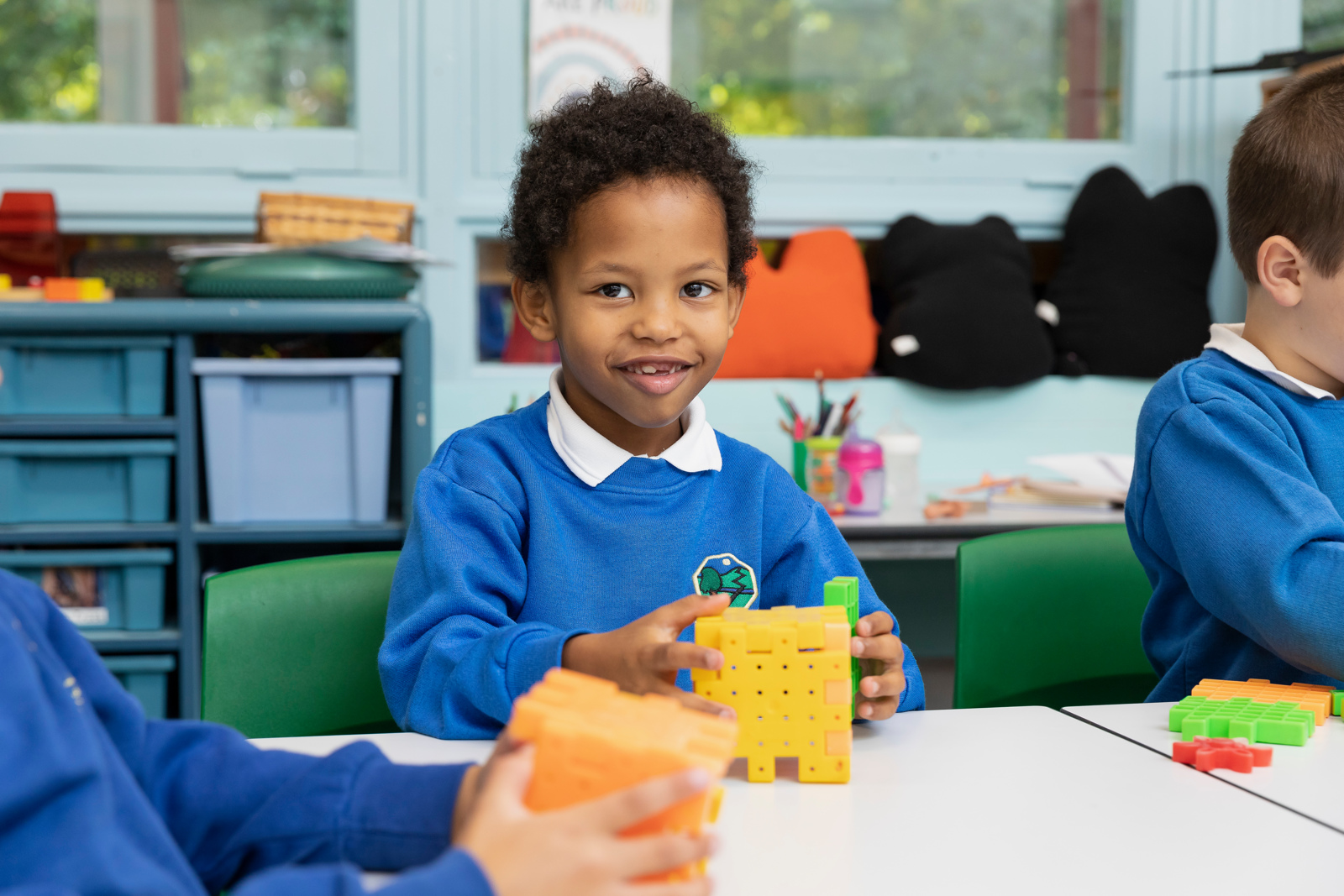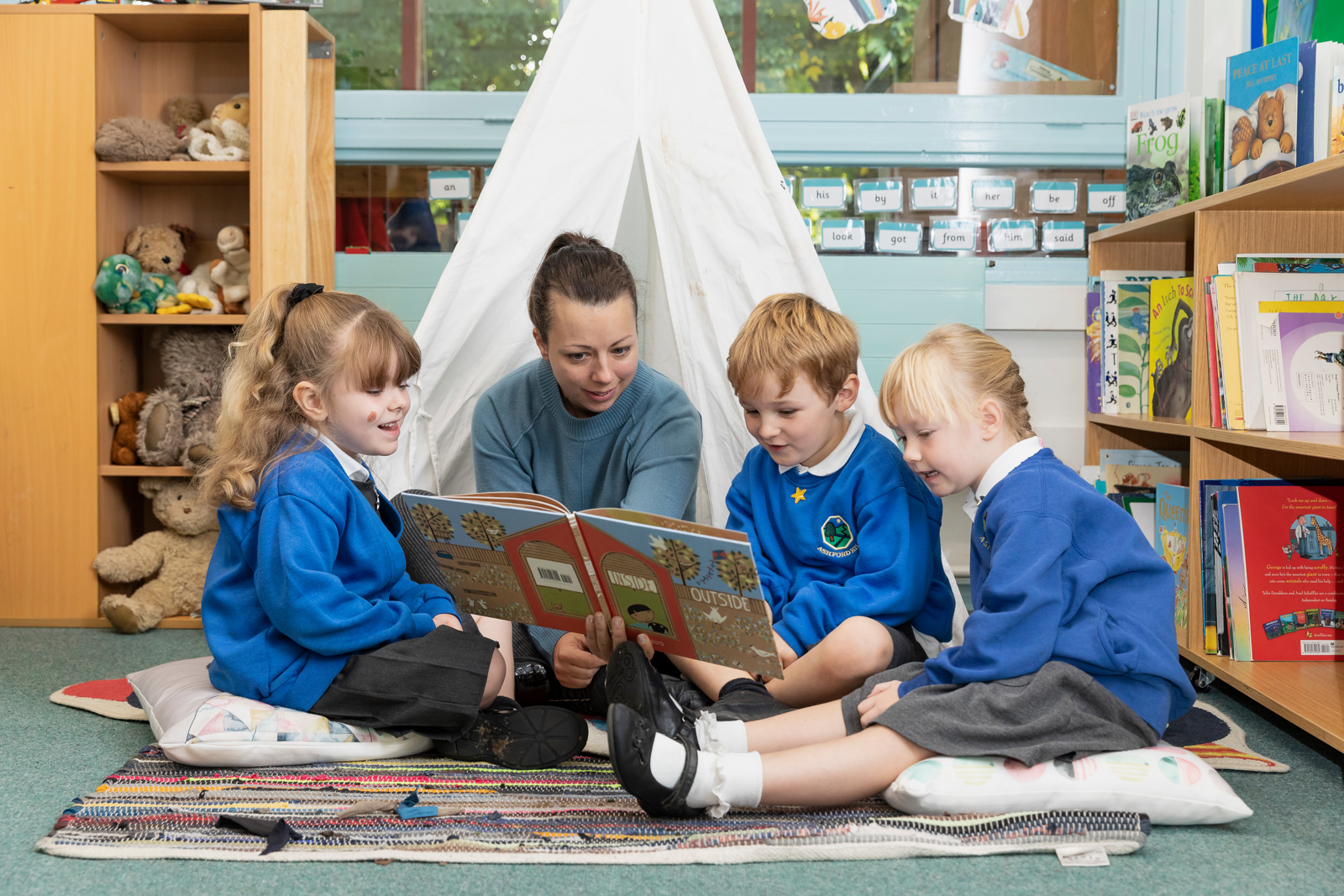History
Intent
At Ashford Hill, we aim to offer a high quality and ambitious history curriculum that ignites in pupils a real curiosity and fascination about Britain’s past and the wider world. We want children to explore how the past and changing accounts of the past have shaped the identities of diverse people, groups and nations at different places in time. Through learning about history, children begin to develop an understanding of their place in the world and how the events of the past have influenced their lives today. We want all children to ask questions and develop a critical evidence-based attitude when looking at the events of the past. Our curriculum is designed to provide our children with the subject specific language they need to describe, question and discuss the world, as well as their place in it.
Implementation
We implement a curriculum that uses the Cornerstones Curriculum as its basis. The history projects are well sequenced to develop children’s historical knowledge, skills and subject disciplines. Key aspects and concepts, such as chronology, cause and effect, similarity and difference, significance and hierarchy, are revisited throughout all projects and are developed over time. All projects also develop historical skills based on evidence and historical enquiry. History is taught as an individual subject in KS1 and KS2 with links made to other areas of the curriculum where possible. History units are taught in the Autumn Term and Summer Term, with EYFS and KS1 following a 1 year cycle and KS2 following a 2 year cycle.
History in EYFS
Our knowledge of history begins in EYFS where children will learn some similarities between things in the past and present and talk about their lives and people around them. They will draw on their own experiences and read stories. They will gain an understanding of the past through these stories.
History in KS1
In KS1, children begin by recounting past experiences, including their family history and events within living memory and learn the history of Ashford Hill and compare schooling now to that in the Victorian period. Children then move on to learning about the concept of significance and the significant people that have greatly influenced history before studying the concepts of power and monarchy. The projects studied in Key Stage 1 provide numerous opportunities for children to explore significant historical events, people and places in their locality.
History in KS2
In KS2, children study the significance of prehistoric periods and the changes in Britain from the Stone Age to the Iron Age. They continue to develop their knowledge of the chronology of British history by learning about the Roman Empire and the invasion and settlement of the Anglo-Saxons and Vikings. Children continue to develop their understanding of British History by studying the role war has played in Britain’s history since 1066, focusing on the First and Second World Wars as crucial turning points in British history. Children also study ancient history and learn about the achievements of the earliest civilisations, including ancient Sumer, the Indus Valley civilisation and ancient Egypt. They continue to build their knowledge of ancient civilisations with an analysis of the significance and influence of ancient China. Children further develop their understanding of ancient and world history by exploring life in ancient Greece, including examining the achievements and influence on the western world. As children move into upper key stage 2 study they learn about the more complex historical issues of enslavement, colonialism and power by exploring a range of African kingdoms, including the Kingdom of Benin.
We support learning with visits to inspire our children and widen their cultural experiences.
Impact
Our history curriculum will ensure that children:
- Develop a chronologically secure knowledge of history;
- Use appropriate Historical terms;
- Identify historically significant people;
- Describe and make links between events, situations, and changes within and across different periods and societies.
Children record their historical learning in different ways. Evidence is dependent on the lesson objective; year groups and key knowledge and skills being developed. Teachers use a range of assessment tools, including summative and formative assessments, to indicate the progress children have made and the key knowledge they have gained. Assessment opportunities are carefully chosen to consolidate both substantive and disciplinary knowledge to develop children's historical understanding of the big geographical concepts. At the end of Foundation stage, the children are assessed against the progress descriptors in their Foundation Stage Profile. At the end of KS1 and 2, the children are assessed using teacher assessments/judgement which is also informed by end of unit assessments.




